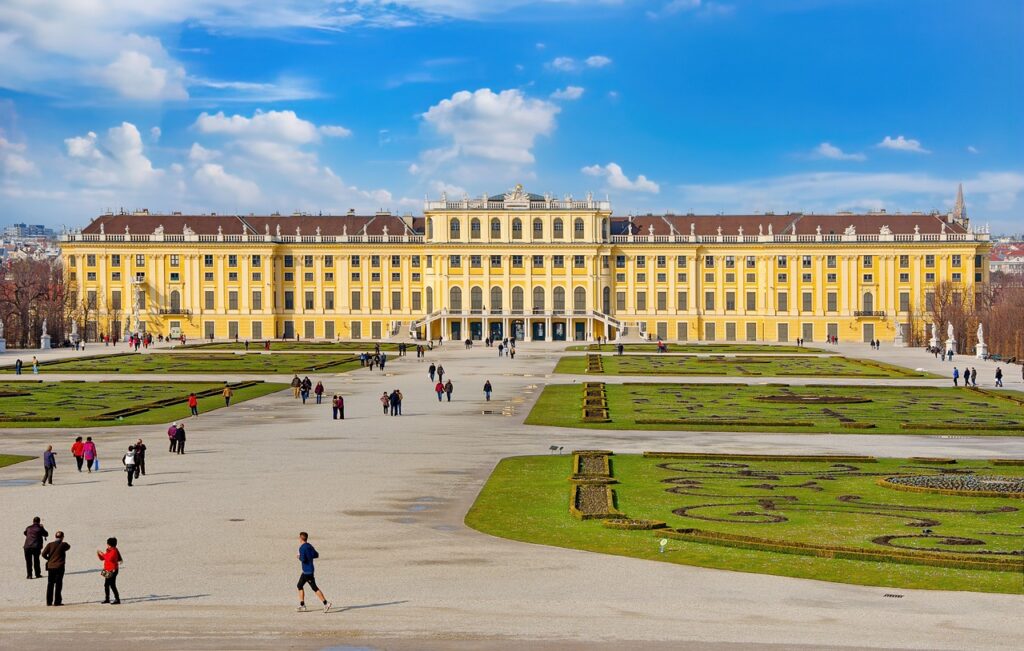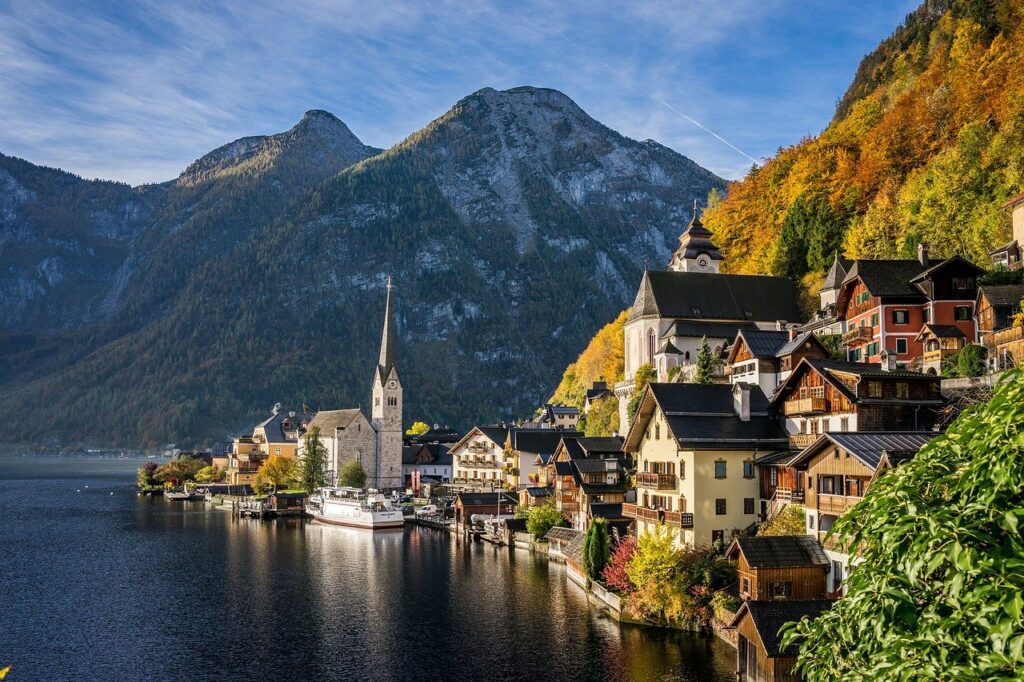

Austria has breathtaking landscapes, not to mention rich culture and fascinating history, making it worth a trip for anyone at least once. During your visit, you can discover some of the world’s most beautiful cities like Vienna and Salzburg, or venture into the majestic Alps to witness its picturesque scenery.
If you’re planning a visit to Austria, we can help you prepare for it. From travel essentials to famous places to visit and more, this is your guide to making the most of your adventure in this amazing country.

The first step to planning a trip to Austria is making sure you have the necessary travel documents. First of all, you need a passport to be allowed entry into the country. Check your passport, since it has to remain valid for at least three months beyond your departure date from Austria. Also, it should be issued within the last ten years.
Another important document that you may need to enter Austria is the Schengen visa. Citizens of several countries don’t need this visa to enter Austria, but several others need one. If you’re among those nationalities who need a visa, follow our tips to apply for a Schengen visa. You can also use this visa to enter other European countries within the Schengen Area.
Mobile connectivity is a big help when navigating Austria and staying in touch with family and friends throughout your travel. With a mobile connection, you can connect to social media anytime and access navigation apps for directions. While there are plenty of places in Austria that give you access to free Wi-Fi, having your own mobile connection allows an uninterrupted internet connection.
When it comes to mobile connectivity, consider getting a local SIM once you arrive in the country. It’s a more cost-effective option for getting a mobile connection in Austria. But if your home service provider is offering reasonably-priced international roaming plans, you may want to use this instead. Weigh your options, and choose what suits you best.


What is the best time to visit Austria?
The best times to visit Austria are during spring, from April to June, or fall, from September to October. In these seasons, the weather is more pleasant, making outdoor explorations highly comfortable. These are also seasons where flowers bloom beautifully, with fewer tourists compared to the peak summer months. Meanwhile, the fall seasons boast beautiful autumn foliage and harvest festivals. The best months for skiing in the Alps are from December to March. Although every season has something different to experience, spring and autumn are the best times to enjoy the breathtaking scenery of Austria.
How is public transportation in Austria?
Public transportation in Austria is efficient and really reliable, as well as extensive. Major cities like Vienna, Salzburg, and Innsbruck have excellent tram, bus, and train networks that easily connect throughout the urban part of the towns, including some of the country’s most iconic attractions. The Austrian Federal Railways (ÖBB) offers a comfortable intercity train service linking cities all over the country. The schedules are punctual, and services are clean and safe. Moreover, public transport is cheap, and you can take advantage of day passes and regional travel cards to save even more.
Is Austria safe for tourists?
Yes, Austria is very safe for tourists. Crimes are infrequent, with violent crimes rarely encountered. The main cities of Vienna, Salzburg, and Innsbruck are clean, with bright street lights and heavily patrolled by police. Petty crimes, such as pickpocketing, might be considered rife in crowded touristy areas, so take basic precautions when going around these cities to keep your valuables safe.